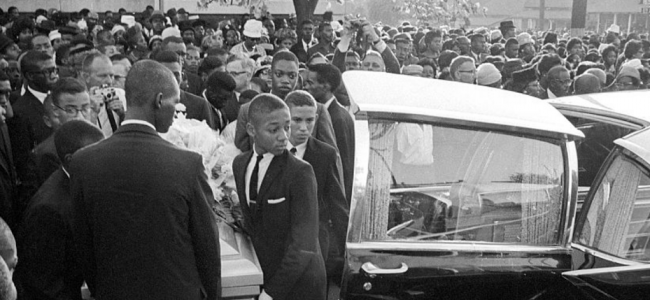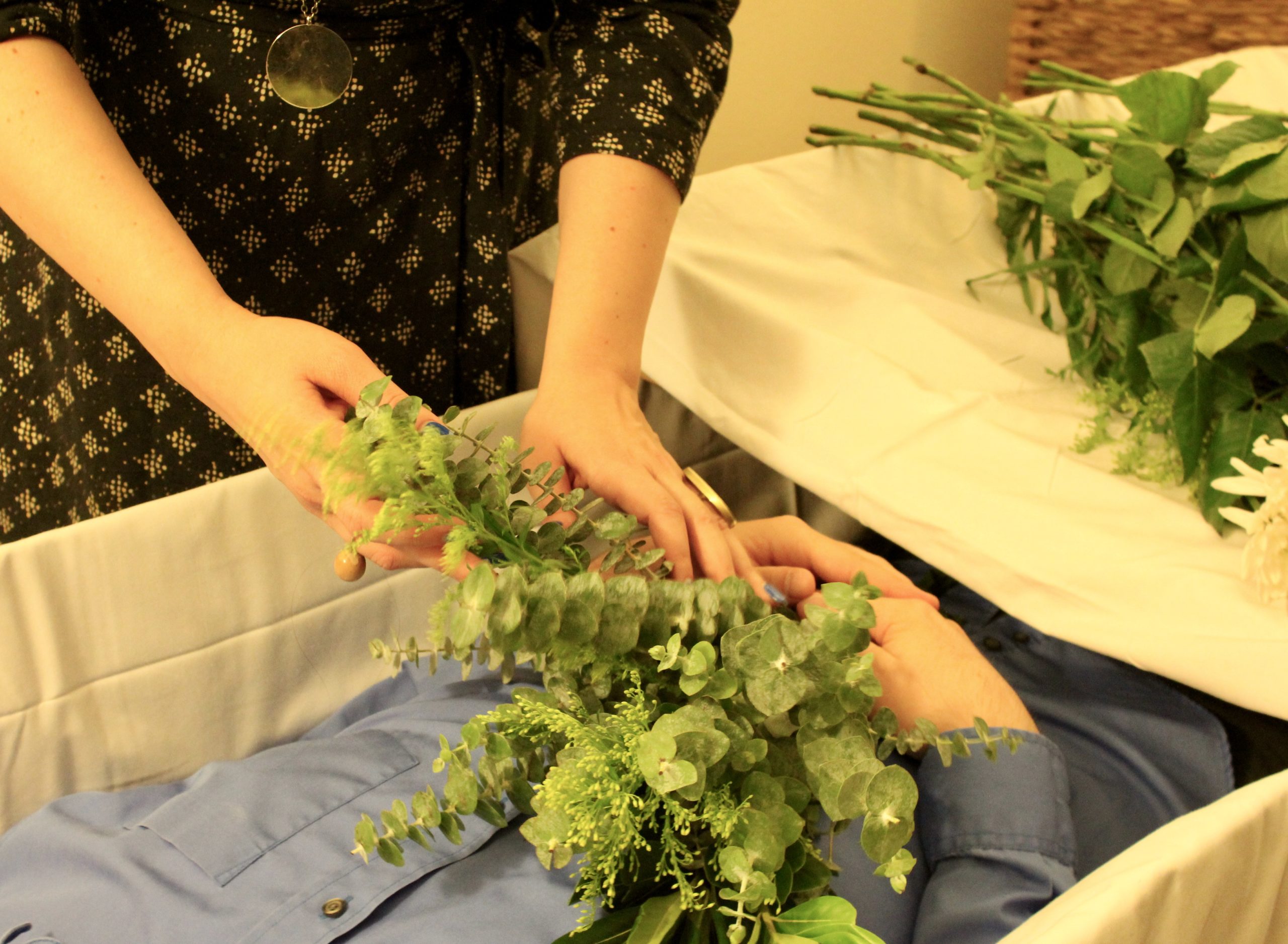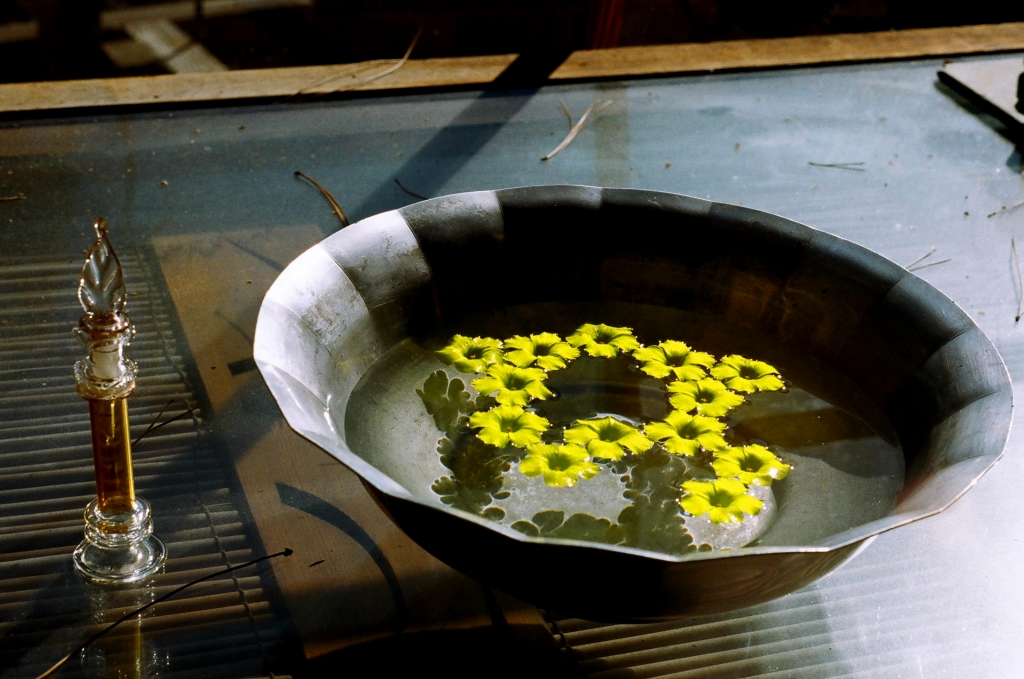First, are you sure you want to be a mortician? It is important to understand the challenges, investment of time and money, and emotional demands of a career in death care. Death work can be incredibly rewarding, but there are downsides that are almost never discussed. For example: the long hours, the low starting pay, the emotional burden, the disappearance of stable jobs in the industry, the toll on mental health, the evidence that mortuary workers present higher rates of PTSD symptoms compared with the general population, and the impact of being a last responder during a global pandemic. While we don’t want to crush your dreams, it’s important to know if this work is really, truly right for you. We want you feeling informed, confident, and to have robust support systems in place before beginning your death care journey.
To start, here’s an article penned by a mortician and funeral home owner called “I Can’t Encourage You to Become a Mortician.” Harsh title perhaps, but we hope this gets you started honestly answering these questions for yourself. Follow that up with A Magnum Opus On Whether Being A Funeral Director Is Right For You.
Atlanta based Funeral Director Joél Anthony also has a number of helpful resources including a mortuary school self study course, and a video with tips on selecting a Mortuary Science school program that’s right for you.



